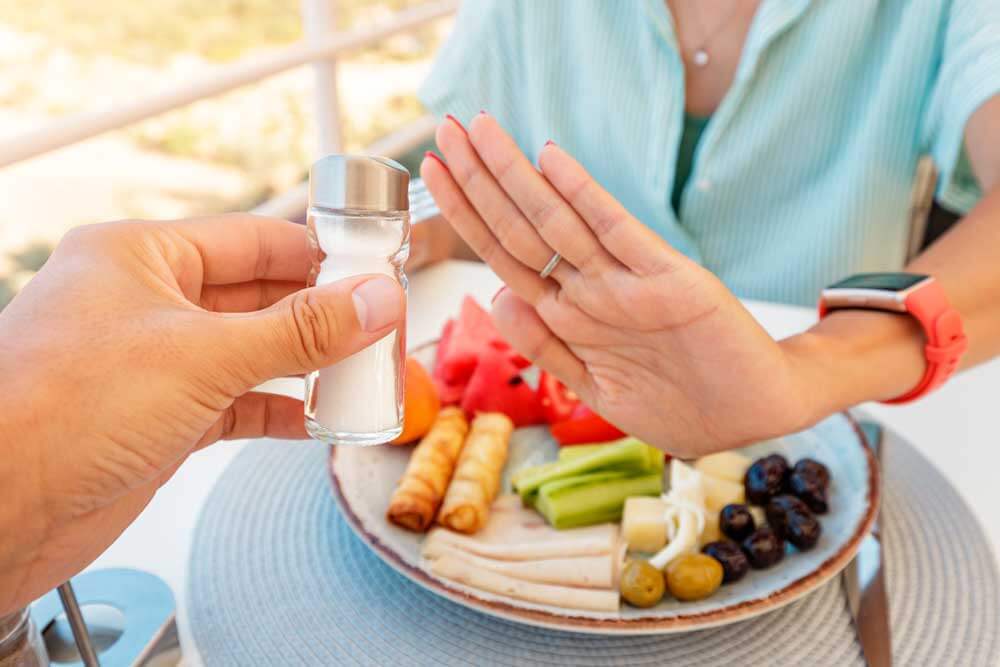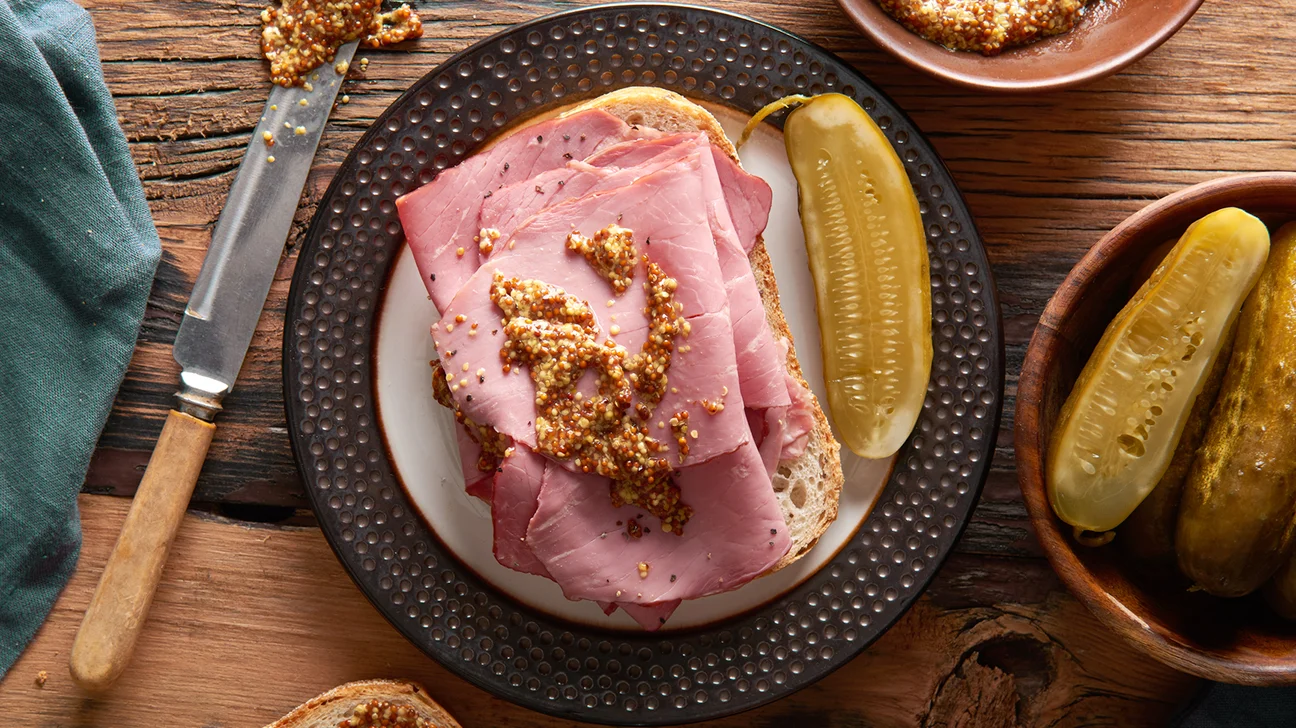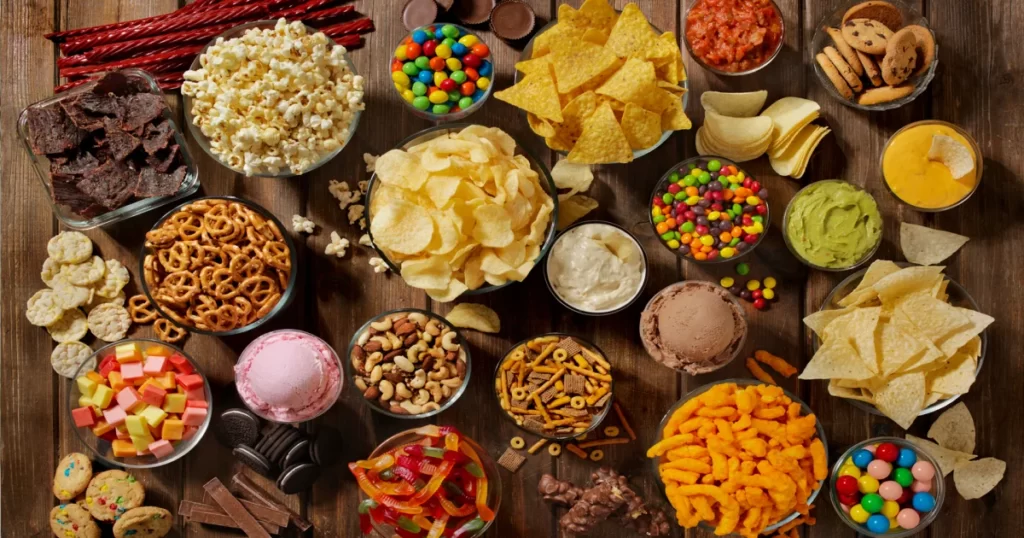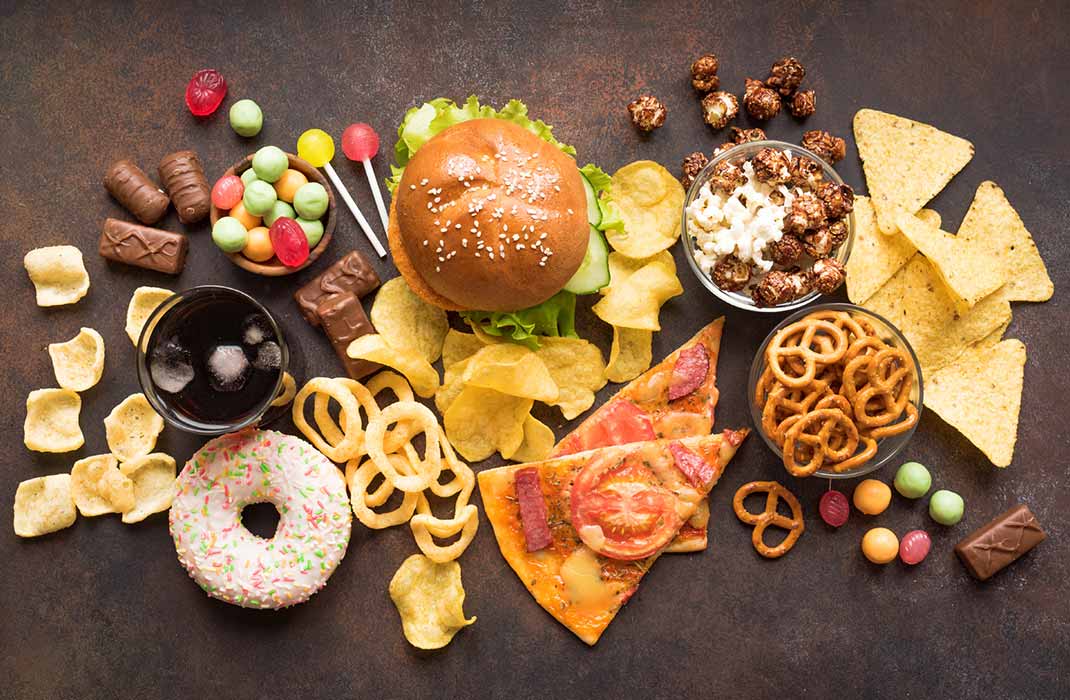If you’re dealing with high blood pressure, it’s crucial to pay close attention to your diet. Certain foods, even ones you might not suspect, can contribute to raising your blood pressure, putting extra strain on your heart and arteries. Pickles are one such food that many people don’t realize can affect their blood pressure levels.
Here’s why pickles and other foods high in sodium should be limited, and what you can do to manage your blood pressure effectively.

Why Pickles Are Bad for High Blood Pressure
High Sodium Content
Pickles, while delicious, are typically loaded with salt (sodium) due to the brining process used to preserve them. Sodium causes your body to retain water, which increases the volume of blood in your blood vessels. This extra blood volume puts more pressure on your arteries, leading to elevated blood pressure. For those already managing high blood pressure (hypertension), the sodium in pickles can make it harder to keep levels under control.
Increases Risk of Heart Problems
Regularly consuming foods like pickles that are high in sodium can significantly increase your risk of developing heart disease, strokes, and kidney problems. The recommended daily intake of sodium is around 2,300 mg, but just a few pickles can easily push you over that limit.

Other Foods to Avoid for High Blood Pressure
- Canned Soups and Vegetables Canned soups and vegetables often contain a high amount of sodium for preservation. Even “low-sodium” versions may still have more salt than you realize. It’s better to opt for fresh or frozen vegetables and make homemade soups where you can control the amount of salt added.
- Processed Meats Deli meats, bacon, sausages, and hot dogs are packed with sodium and preservatives. These meats are particularly harmful for those managing high blood pressure. If you need a protein boost, switch to fresh, lean cuts of meat like chicken or turkey.
- Frozen Dinners While convenient, frozen dinners often come with excessive amounts of sodium to enhance flavor and shelf life. Check labels carefully and try to limit or avoid them altogether, opting for homemade meals instead.
- Salty Snacks Chips, crackers, pretzels, and even some popcorn varieties can be loaded with salt. Replacing these snacks with fresh fruit, unsalted nuts, or veggies with hummus can be a healthier way to curb cravings.
- Fast Food Fast food items are notorious for being high in sodium, fats, and sugars. Burgers, fries, and fried chicken all contribute to elevated blood pressure. Try to limit fast food intake, or choose healthier menu items like salads (watch for high-sodium dressings) or grilled options without added sauces.
What You Can Do Instead
- Eat Fresh Produce Fruits and vegetables are naturally low in sodium and high in potassium, which helps regulate blood pressure. Leafy greens, bananas, and citrus fruits are particularly beneficial.
- Choose Low-Sodium Alternatives If you love pickles, try making your own at home with less salt or opt for low-sodium versions. Similarly, look for low-sodium options when buying canned goods or snacks.
- Season with Herbs and Spices Instead of relying on salt for flavor, try seasoning your meals with herbs, spices, lemon juice, or vinegar. These alternatives can enhance flavor without the negative impact on your blood pressure.
- Stay Hydrated Drinking plenty of water helps flush excess sodium out of your body and keeps your blood pressure under control. Aim for 8-10 glasses a day, especially if you’ve consumed salty foods.
Conclusion
Managing high blood pressure means making smart dietary choices, and avoiding foods high in sodium, like pickles, is a great place to start. By cutting back on processed, salty foods and opting for fresh, whole foods, you can help keep your blood pressure in check and improve your heart health.



